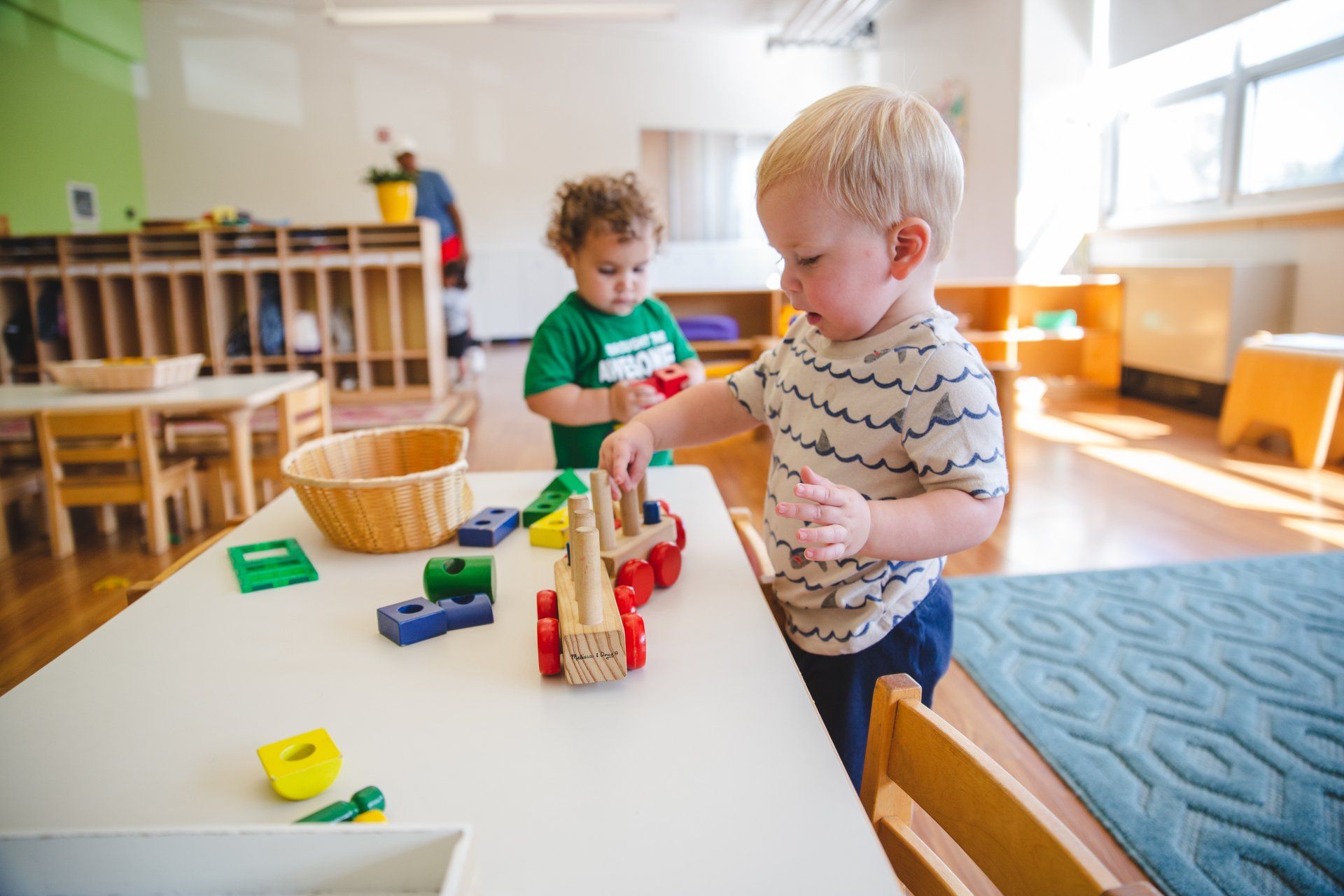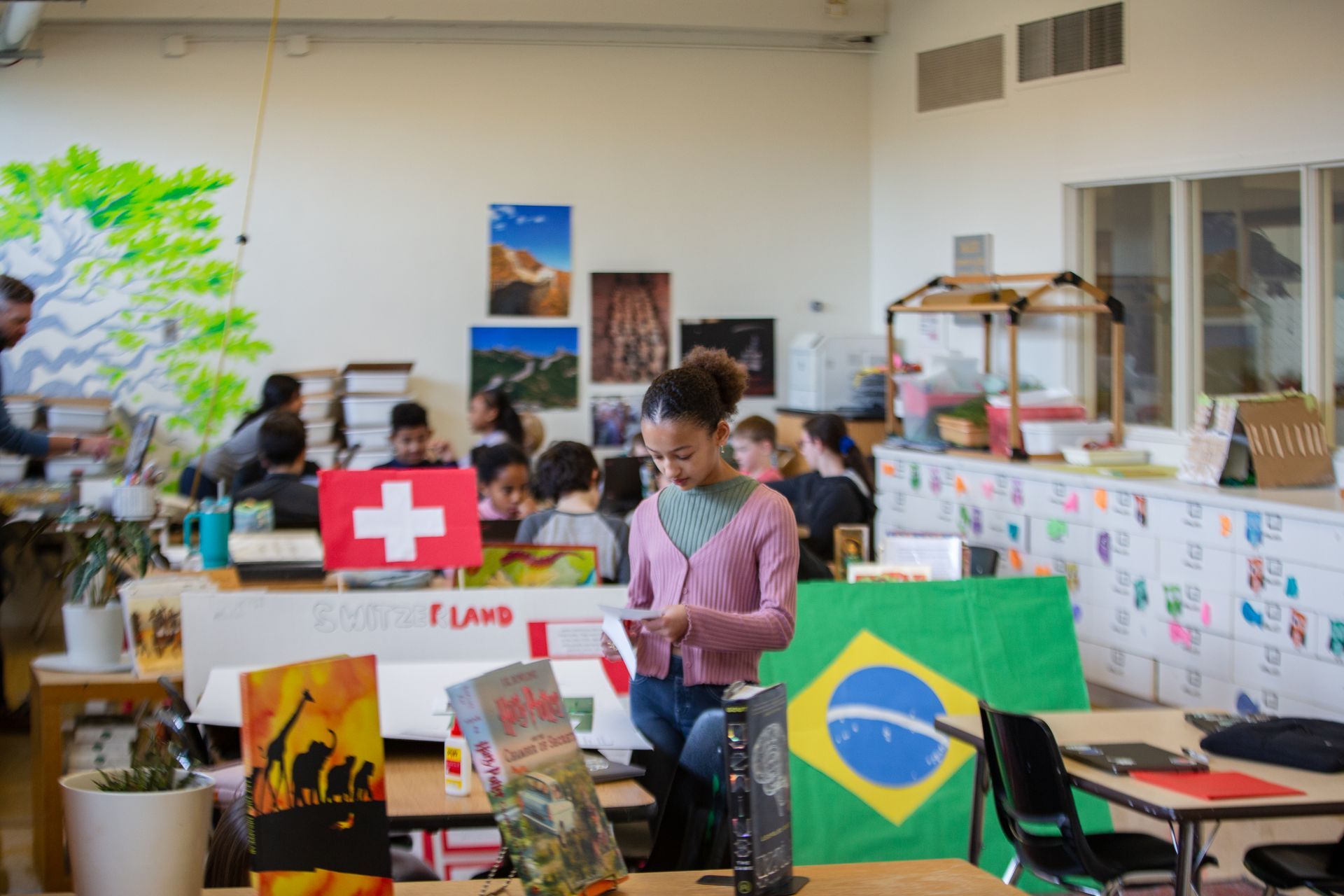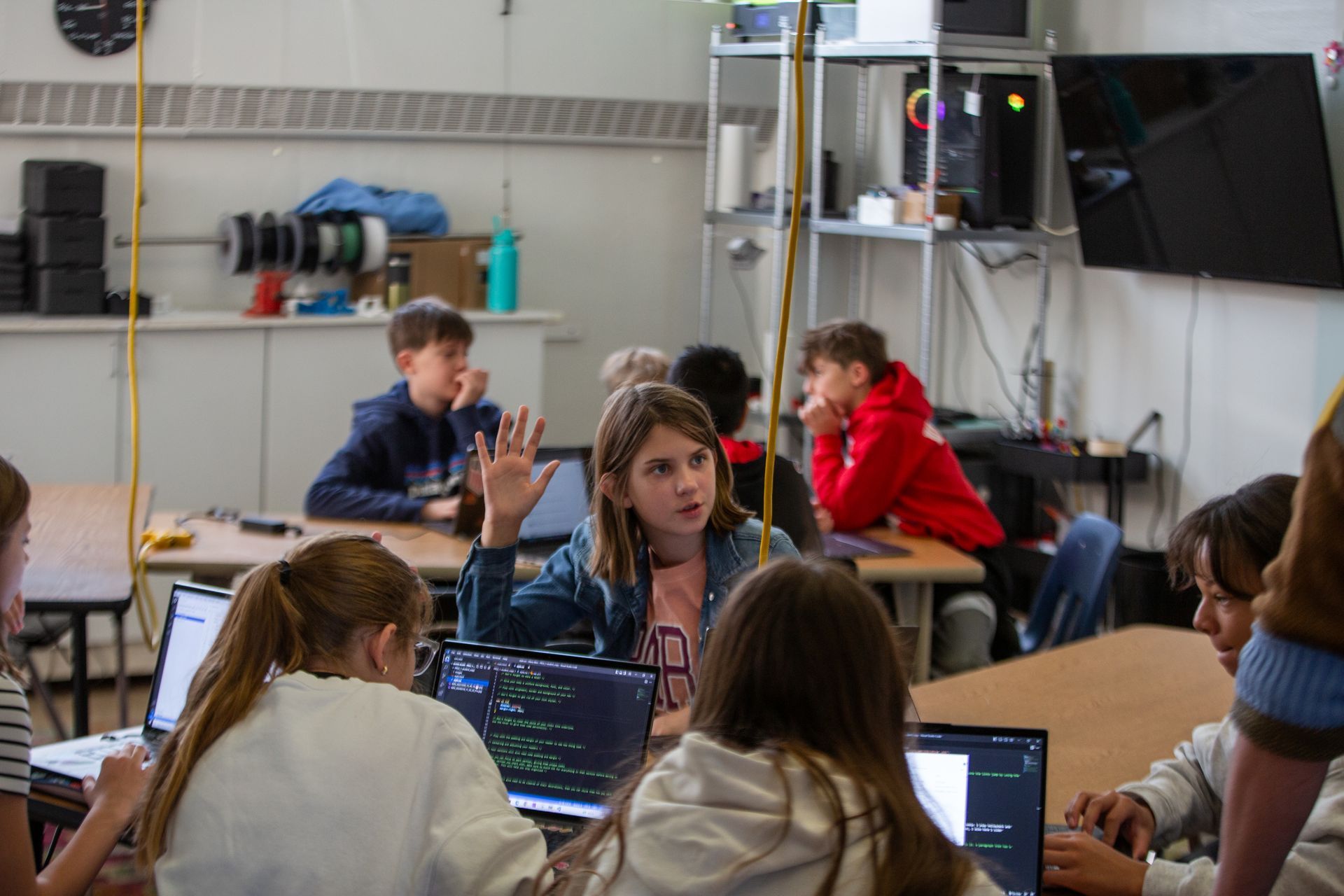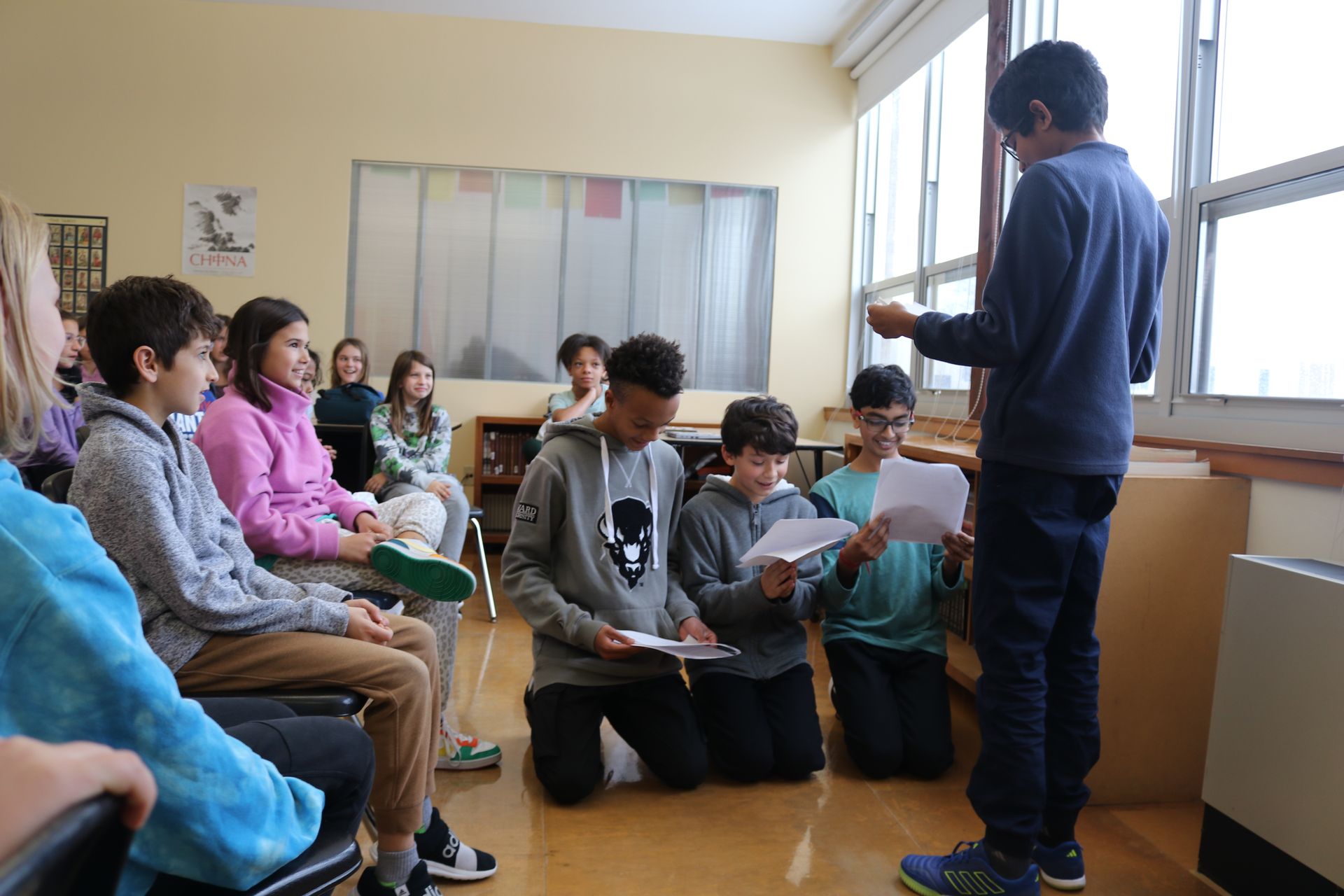Why is Bedtime So Important?
New Paragraph

Why do we tell MMS Parents to keep a consistent bedtime?
Oftentimes at Milwaukee Montessori School, students aren’t getting enough sleep at home. How do we know?
There are lots of signs! They can’t seem to stay on task in lessons, are irritable with other students, get frustrated easily, and lack the stamina needed to finish both easy and complex academic work.
Lack of Sleep Impacts your Child’s Friendships, Academic Productivity, and Emotional Management.
Up to 50% of children experience a sleep problem, according to a
study published in American Family Physician. Though there are sometimes biological explanations for disrupted sleep, "the vast majority of sleep problems are caused by parents unintentionally not allowing children to get the sleep they need," asserts Marc Weissbluth, M.D., author of
Healthy Sleep Habits, Happy Child and an associate professor of pediatrics at Northwestern University Medical School. "There are too many activities—both parents and child's—that interfere with an early bedtime."
Something you should keep in mind when planning your family’s weeknight extracurriculars!

Other experts point out that many children, having been rocked or nursed to sleep (or allowed to fall asleep in their parents' beds) since birth, have simply never learned to fall asleep on their own. As much as we love snuggling those babes to sleep, it’s important to lay them down when they are drowsy and let them fall asleep on their own, too.

So, here we are, a few months into the academic year at Milwaukee Montessori School, shouting from the rooftops that it is vital for you, our families, to develop good sleep hygiene early!
A proper night's rest is crucial for children's healthy growth, immune function, and behavior. Exhausted kids are more likely to be cranky, impatient, and do poorly in school.
So, exactly how much sleep do your children need?
According to sleep experts at Yale Medical School, your child needs:
- Age 1-2 years old: 11-14 hours
- Age 3-5 years old: 10-13 hours
- Age 6-12 years old: 9-12 hours
- Age 13-18 years old: 8-10 hours
Sometimes, parents tell us that their 4-year-old child is not tired. But when children are fatigued "Instead of becoming quiet and somnolent, as adults do, kids become hyperactive and out of control," says David Gozal, M.D., director of the Comprehensive Sleep Medicine Center at Tulane University Hospital Clinics, in New Orleans. "Their ability to pay attention decreases, as does their ability to concentrate, solve problems, and retain what they learn."
So when 7:30 pm rolls around and your child is bouncing off the walls, it’s time for bed!
Consistent, early bedtimes is good for you, too! When the kids are asleep at a decent hour, they will be in better moods and you will have time to yourself to read, watch your favorite shows, or share your day with your partner.










